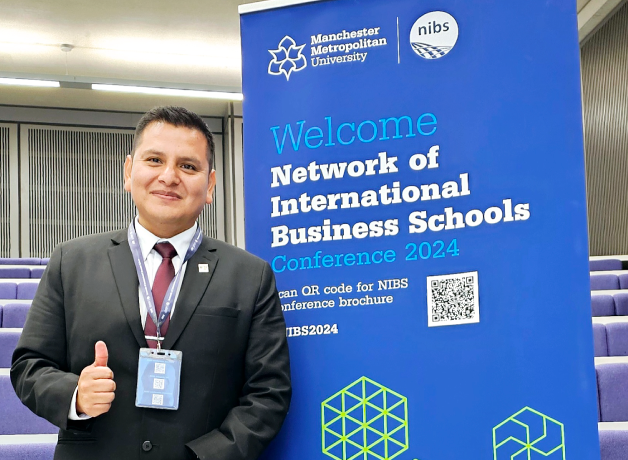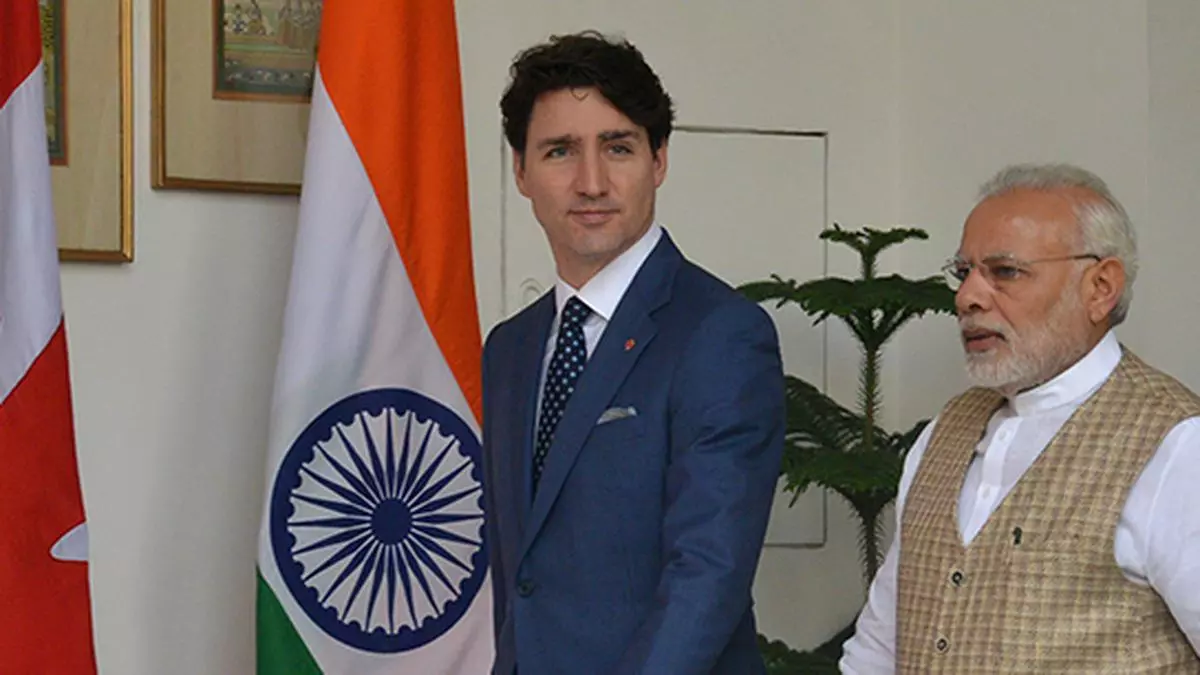Referrals from UNA, MEC and members of the Consortium of 10 Universities accompanying the Pyahu Classroom Project, analyzed the implementation of a new degree offering oriented towards teacher training in Higher Education (PT) and an analysis of possible articulation models intended to be applied at the undergraduate to postgraduate level, with the aim of guarantee and formalize a professional teaching career in Paraguay.
The inputs collected in the Pyahu Hall Work Table will be the basis for the preparation of concrete proposals that will enable the strengthening and professionalization of teacher training in the country.
The opening of the work desk was delivered by Prof. Dra Zully Vera de Molinas, Chancellor of UNA, Prof. Dr. Miguel Torres umbay, Deputy Chancellor of UNA and Mg. Celeste Mancuello de Román, Deputy Minister of the MEC. The activity was carried out in the UNA Rectorate Higher Education Council room and attended by the Chancellor of State and Private Universities, the President Director of the National Institute of Higher Education (INAES) and technicians from the PT related to the project, from the Directorate General of Education and Training of Educators MEC and representatives of the National Education Council. High (CONE).
In his presentation, Chancellor Zully Vera emphasized that the Pyahu Hall “is a project that allows us to participate in the training process and transfer knowledge to one of the key integral development sectors in Paraguay.” He stressed that, from UNA, together with the MEC and other consortium members that formed the project, they are convinced that training of trainers will be critical to strengthening educational transformation in Paraguay and consolidating futuristic education for children. and youth of the country.
Vice Chancellor Miguel Torres umbay explained that the aim of the project was to consolidate new educational offerings for teacher candidates.
Furthermore, MEC deputy minister, Celeste Mancuello de Román, highlighted the importance of creating space to coordinate efforts to respond to the demands of the country’s youth in terms of supply and quality of education. He stressed that the challenge of teacher education relates not only to new students, but also how to respond in terms of training to teachers who are “already at the forefront of today” in the classroom, to whom they must also give themselves. alternative.
Meanwhile, Dr. Prof. Valentina Canese, operational director of Pyahu Hall, made a presentation on the National and International Diagnostics presented by the International Institute for Educational Planning (IIPE) – UNESCO, specifically on the offer of new required degrees (2 project action) and articulation mechanism (3 project action).
On the first panel of the day, Dr. Nancy Benítez, Director General of Professional Training for Educators MEC, contextualizes the work being done by the Ministry on teacher training and the initiatives being undertaken in this regard. Among his most salient points, he recalled that the institution had an updated teaching curriculum, and that new teachers with these new skills would be graduating soon. He explained that they would need, as soon as possible, a definition that would allow them to access university-level professional training careers, for example.
This is followed by a panel debate on the articulation experience that seeks to identify the necessary linking mechanisms between undergraduate education offerings and undergraduate and/or postgraduate programs in education.
In this regard, Constantino Nicolás Guefos Capsalis, dean of UNA’s Faculty of Exact and Natural Sciences, was the first to mention the need for a law for teacher professionalization within the framework of the Table of Work, explaining that this law would not mean modifying an existing one, but will complement them.
This proposed regulation is supported by other institutions, with the understanding that it can regulate the role of each actor involved in teacher training, including basic training institutions, higher training, and regulation. However, participants reminded that this law must be the result of a process where actors can agree on an articulation model.
The challenge of articulating teacher training is oriented, among others, to be able to establish validation criteria and homologation of students and teachers between undergraduate, postgraduate, and postgraduate. Pyahu Hall is an innovative project across the region for the improvement of education, as it is implemented from the academy in coordination with the education management body and brings together the experience of a network of higher education institutions.
Delivery of computer equipment and furniture for partner HEI
The meeting is also conducive to the delivery of equipment (furniture and computer equipment) to strengthen project-related departments at partner HEIs, whose technicians will be responsible for working on the design and implementation of ongoing training offers (action 4 of the project), new degree offers and articulation proposals. (actions 2 and 3), as well as the design and implementation of postgraduate programs (specialization, master’s and doctoral degrees), and other planned actions.
Similarly, the official authorization of the new Pyahu Hall office at UNA was carried out, for the management and coordination of various missionary and administrative actions of the project. It should be noted that all activities of this project are financed by the European Union.

“Entrepreneur. Internet fanatic. Certified zombie scholar. Friendly troublemaker. Bacon expert.”






